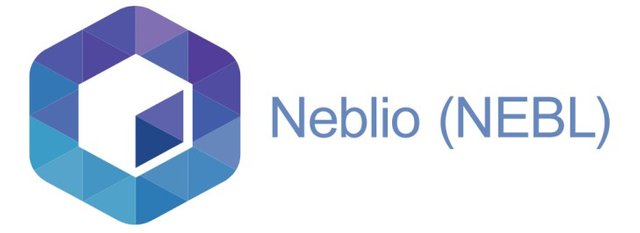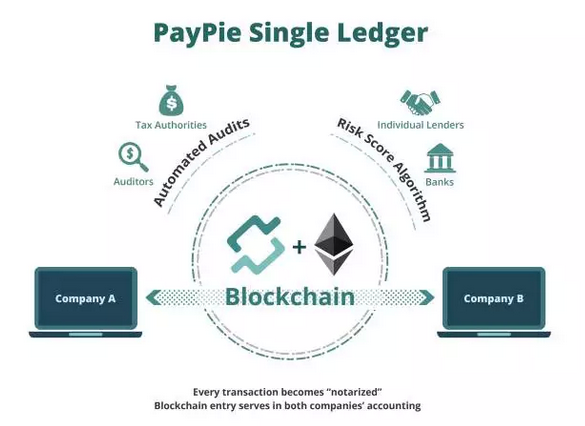Since the birth of the world's first bitcoin blockchain in 2009, various digital cryptocurrencies have been introduced. According to citicoins statistics, there are currently more than 1600 cryptocurrencies and the market cap is about 300 billion US dollars. The prices of bitcoin, ethereum, and bitcoin cash rose to their highest levels in 2017.
Today, people's attention has shifted from cryptocurrency to blockchain applications. Many companies want to use blockchain technology to reduce costs and optimize corporate governance.
However, there are many companies that want to use blockchains without corresponding talents and technologies. Then you can learn about neblio.

What is neblio?
In a nutshell, Neblio is a technology platform that provides companies or organizations with blockchain solutions. Although blockchain technology and networks are mature, traditional enterprises rarely develop blockchain applications. The main obstacle is the high development threshold and maintenance costs. Current companies and institutions lack mature development kits, developer ecosystems, and platforms that are easy to develop and deploy.
The role of NEBL tokens in the neblio blockchain
The nebl token is primarily for maintaining neblio's cybersecurity. It uses the pos consensus algorithm. The more users have tokens, the greater the voting rights.
The problems often encountered by SMEs during operation are the company's books auditing and financing difficulties. PayPie, a blockchain project from Canada, launched the world's first credit risk assessment model using blockchain accounting. PayPie integrates blockchain technology with accounting software and is committed to changing the company's traditional accounting and auditing models, using risk assessment algorithms to deliver trusted financial data from companies and third-party applications to market participants.

From the above figure, we can see the operating mode of PayPie platform, including three levels:
1, The block chain bookkeeping fundamentally changes the company's accounting methods so that each transaction can be notarized;
2, automated audits, linking tax authorities;
3, risk assessment algorithm, linking banks and individual investors (borrowing)
The application of blockchain technology will open up many exciting possibilities. On the one hand, blockchain will optimize business processes in various industries, reduce operating costs, and increase transparency and collaboration efficiency. On the other hand, many cases of blockchains have shown differences from the traditional industry business operating paradigms. People expect that all industries will use programmable and distributed blockchains to transform existing industry transformations, create new business models, and bring more business and social innovations.